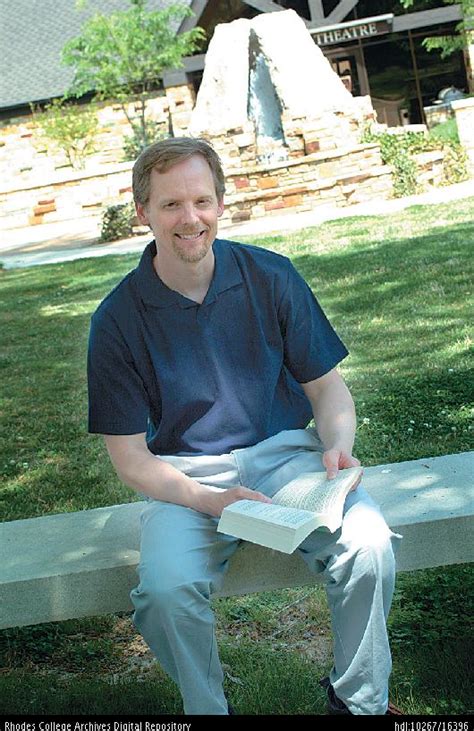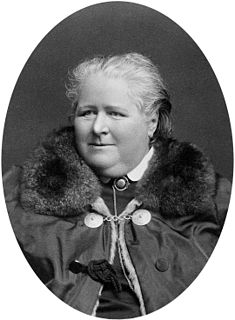A Quote by Alexander McCall Smith
When we love others, we naturally want to talk about them, we want to show them off, like emotional trophies. We invest them with a power to do to others what they do to us; a vain hope, as the lovers of others are rarely of much interest to us. But we listen in patience, as friends must, and as Isabel now did, refraining from comment, other than to encourage the release of the story and the attendant confession of human frailty and hope.
Related Quotes
Under Barack Obama, the only 'Change' is that 'Hope' has been hard to find. Now millions of Americans are insecure about their future. But instead of inspiring us by reminding us of what makes us special, he divides us against each other. He tells Americans they're worse off because others are better off. That people got rich by making others poor.
Genuine love is rarely an emotional space where needs are instantly gratified. To know love we have to invest time and commitment...'dreaming that love will save us, solve all our problems or provide a steady state of bliss or security only keeps us stuck in wishful fantasy, undermining the real power of the love -- which is to transform us.' Many people want love to function like a drug, giving them an immediate and sustained high. They want to do nothing, just passively receive the good feeling.
Every day God patiently bears with us, and every day we are tempted to become impatient with our friends, neighbors, and loved ones. And our faults and failures before God are so much more serious than the petty actions of others that tend to irritate us! God calls us to graciously bear with the weaknesses of others, tolerating them and forgiving them even as He has forgiven us.
There is nothing more important to our survival, nothing more dignified than learning how to take care of others, how to serve and teach people with kindness and openness. Mothers are experts in these fields. I hope people can learn to listen to them, learn to be like them and acknowledge the wisdom there before it is too late. I hope people can learn how to serve others.
The life of hope, then, is shot through with social influences at every level. We learn to formulate ideals in tandem with others. We pursue particular hopes, sometimes succeeding and sometimes failing, in the company of those we love. And as we develop habits of hope and the hopefulness which helps us weather our trials, we reach out to others, inspiring them, sharing our own hopes with them, and contributing our abilities as best we can to foster the growth of agency.
Peace requires us to surrender our illusions of control. We can love and care for others but we cannot possess our children, lovers, family, or friends. We can assist them, pray for them, and wish them well, yet in the end their happiness and suffering depend on their thoughts and actions, not on our wishes.
We should expect hope's reciprocity as a natural flowering of the life of hope. Helping others and nurturing hope is expressive of hopefulness itself. It is an extension of the hopeful self to reach out to others, promoting the connection of agency and the enrichment of horizons of meaning. Hope's reciprocity grows out of the very social nature of hope; we thus frequently see it live in family relations, in intimacy, in love. And so hope spreads. This spreading should not surprise us; like love, it is freely given, fostered, and nurtured.
Let others lead small lives, but not you. Let others argue over small things, let them complain over what might have been, but not you. Let others cry over small hurts, let them be discouraged, let them be revengeful and vindictive, but not you. Let others leave their future in someone else's hands, let them become materialistic and empty, but not you. Let others become ungrateful and stop praying, but not you! Let others give up, but not you! For you know in whom you believe and you know that He is always able. Now, that's you!
If you want to be loved, start loving others who need your love....If you want others to sympathize with you, start showing sympathy to those around you. If you want to be respected, you must learn to be respectful to everyone, both young and old....Whatever you want others to be, first be that yourself; then you will find others responding in like manner to you.
Is it really that much better to make friends with animals before you kill them than to treat them as nameless, faceless objects before you kill them? From a yogic point of view, one must weigh the karmic consequences of perceiving others as mere objects to be used and the consequences of profiting from the suffering of others.





































